Biography
Arthur Terence Galt MacDermot (December 18, 1928 – December 17, 2018) was a Canadian-American composer, pianist and writer of musical theater. He won a Grammy Award for the song "African Waltz" in 1960. His most-successful musicals were Hair (1967; its cast album also won a Grammy) and Two Gentlemen of Verona (1971). MacDermot also composed music for film soundtracks, jazz and funk albums, and classical music, and his music has been sampled in hit hip-hop songs and albums. He is best known for his work on Hair, which produced three number-one singles in 1969: "Aquarius/Let the Sunshine In", "Good Morning Starshine", and the title song "Hair". MacDermot was born in Montreal, the son of Canadian diplomat Terence MacDermot and Elizabeth Savage. He was educated at Upper Canada College and Bishop's University (Sherbrooke, Quebec, Canada). He received a bachelor's degree in music from Cape Town University, South Africa, and made a study of African music his specialty. He studied the piano privately with Neil Chotem.It was also during his time at Cape Town where he would meet his future wife, Marlene Bruynzeel, a clarinetist of Dutch descent. They married in 1956 and had five children.MacDermot won his first Grammy Award for the Cannonball Adderley recording of his song "African Waltz" (the title track of the album of the same name) in 1960.MacDermot moved to New York City in 1964 where, three years later, he wrote the music for the hit musical Hair, which he later adapted for the 1979 film of the same name. Its Broadway cast album won a Grammy Award in 1969, and the musical generated three number-one singles that year: "Aquarius/Let the Sunshine In", "Good Morning Starshine", and the title song "Hair". His next musicals were Isabel's a Jezebel (1970) and Who the Murderer Was (1970), which featured British progressive rock band Curved Air.MacDermot had another hit with the musical Two Gentlemen of Verona (1971), which won the Tony Award for Best Musical. For that show, MacDermot was nominated for a Tony for best music and won the Drama Desk Award for Outstanding Music. His later musicals, including Dude and Via Galactica (both 1972) and The Human Comedy (1984), were not successful on Broadway, running 16 performances, 7 performances, and 13 performances respectively.MacDermot's film soundtracks include Cotton Comes to Harlem, a 1970 blaxploitation film starring Godfrey Cambridge, Raymond St. Jacques, and Redd Foxx, based on Chester Himes's novel of the same name; Rhinoceros (1974) starring Zero Mostel and Gene Wilder, and directed by original Broadway Hair director Tom O'Horgan; and Mistress (1992). He wrote his own orchestrations and arrangements for his theater and film scores.In 1979, MacDermot formed the New Pulse Jazz Band, which performed and recorded his original music and was one of the first jazz bands to feature synthesizer. The band played as part of the on-stage band in the 2009 Broadway revival of Hair. MacDermot's oeuvre also includes ballet scores, chamber music, the Anglican liturgy, orchestral music, poetry, incidental music for plays, band repertory, and opera.In 2009, MacDermot was inducted into the Songwriter's Hall of Fame.
On November 22, 2010, MacDermot was awarded the Lifetime Achievement Award by SOCAN at the 2010 SOCAN Awards in Toronto.
Filmography
all 13
Movies 13
self 1

Mistress (1992)
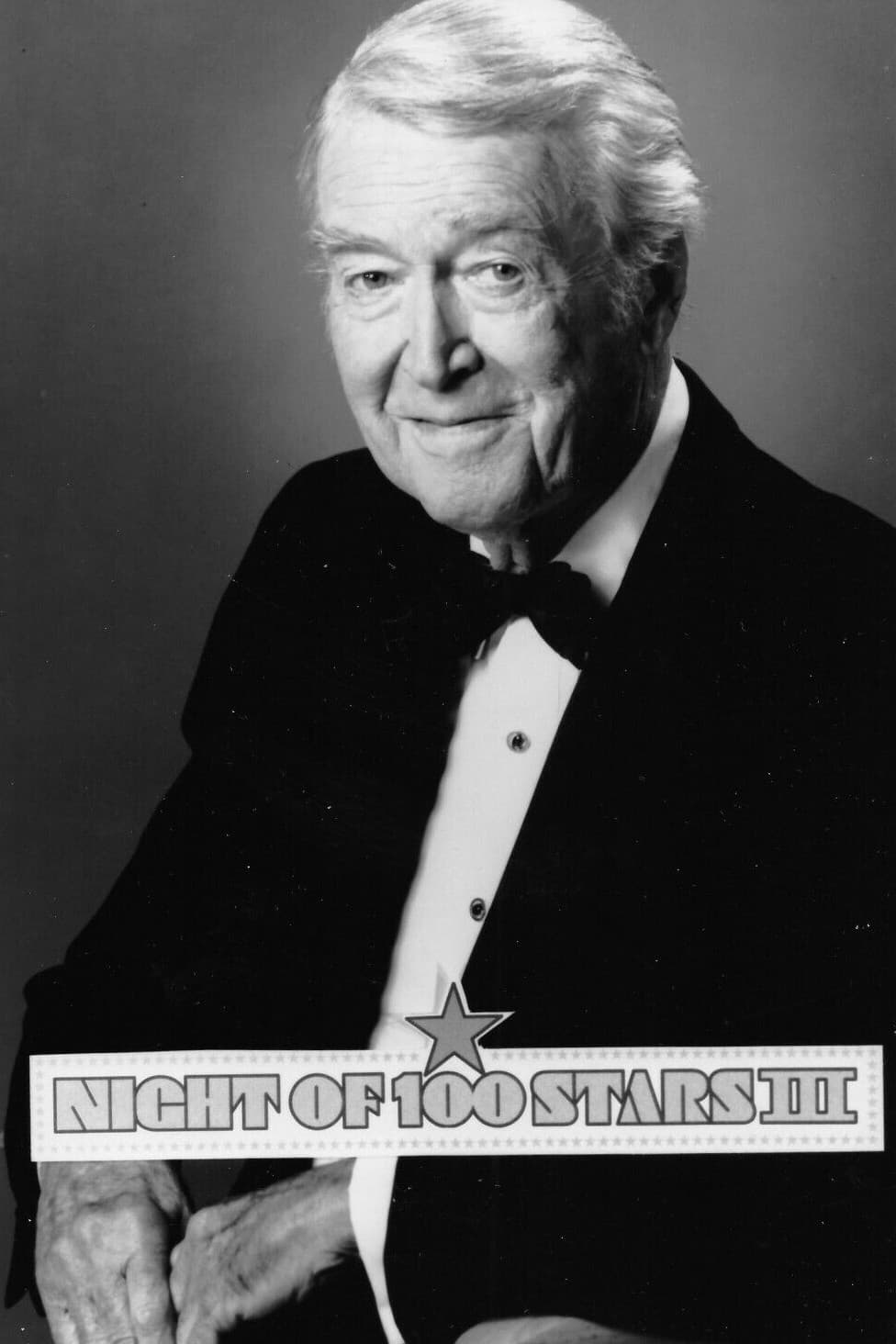
Night of 100 Stars III (1990)
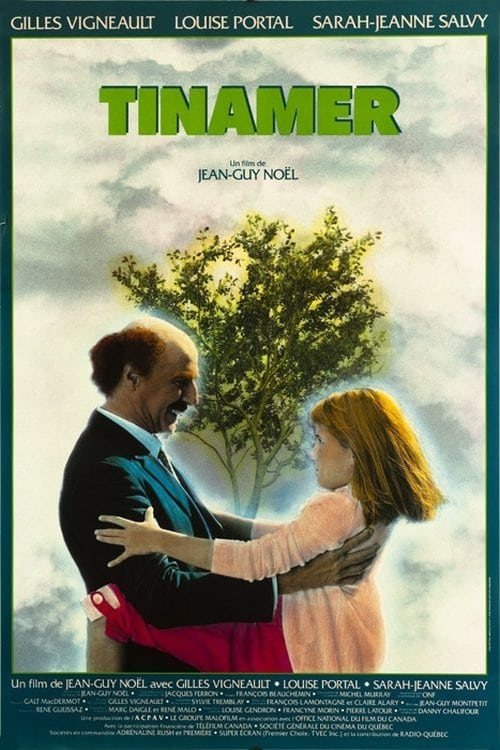
Tinamer (1987)

Hair (1979)
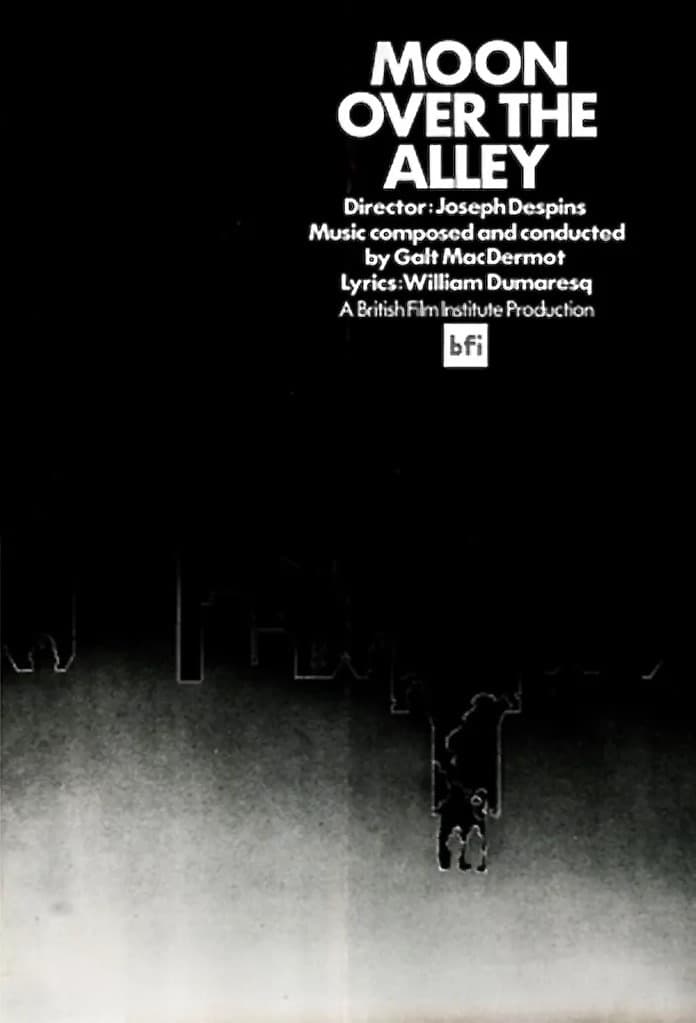
The Moon Over the Alley (1976)
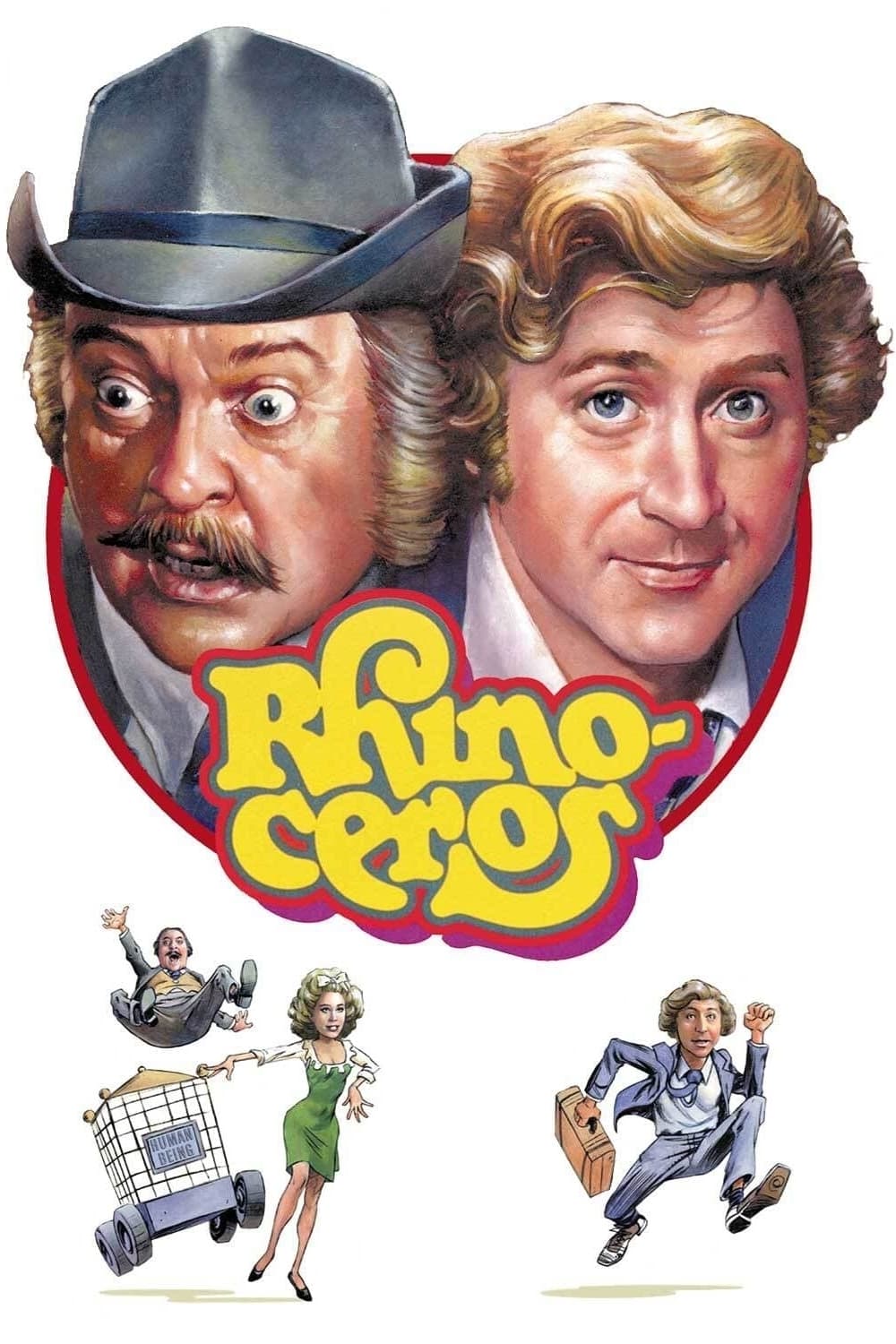
Rhinoceros (1974)
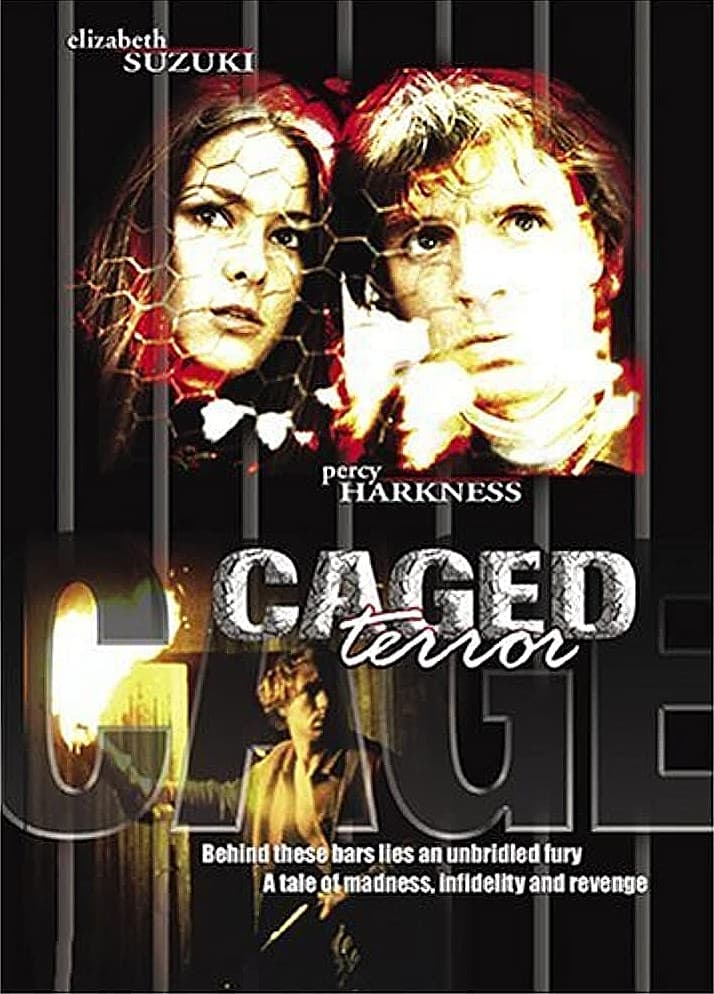
Caged Terror (Golden Apples of the Sun) (1973)

Woman is Sweeter (1973)

Duffer (1972)
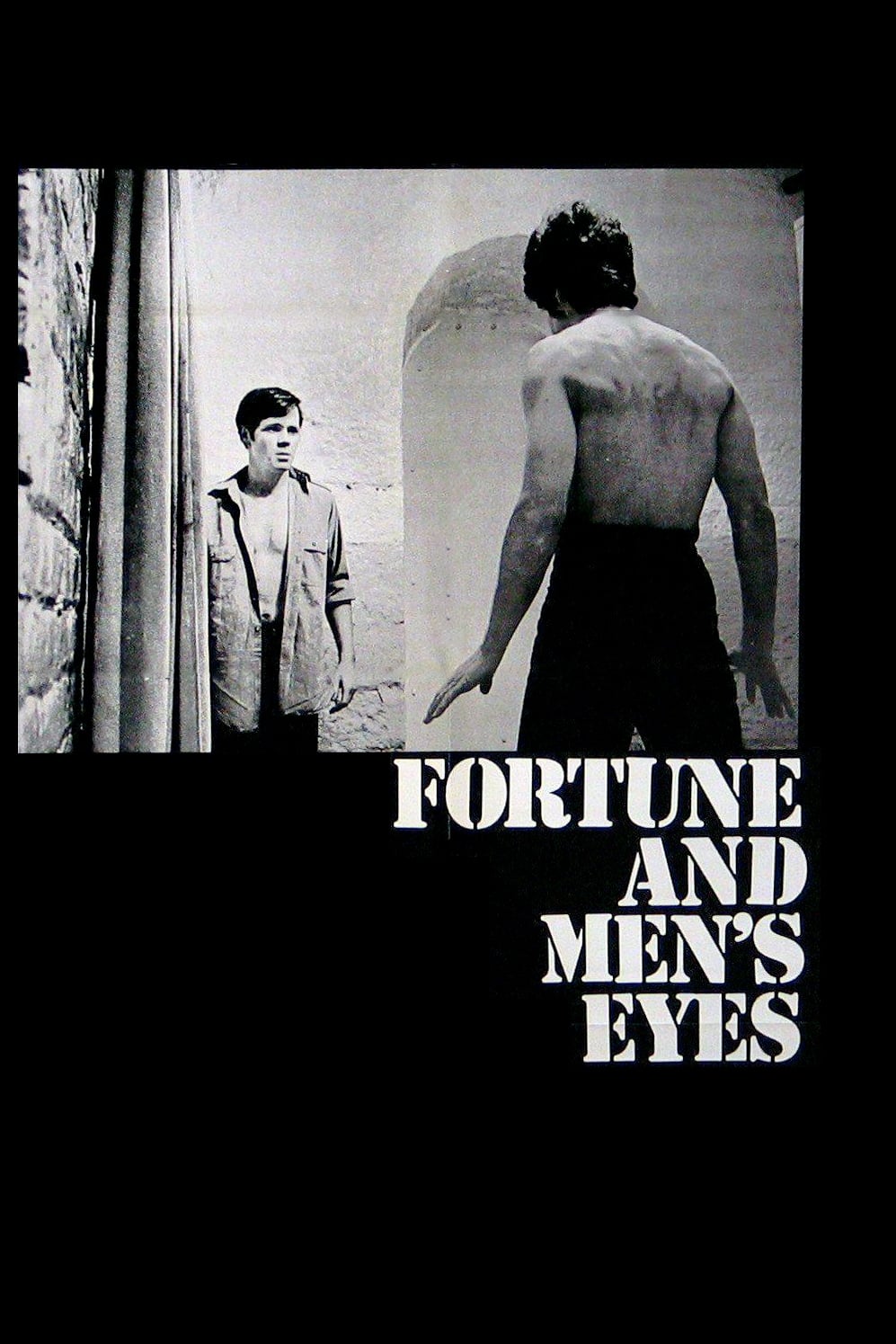
Fortune and Men's Eyes (1971)

Cotton Comes to Harlem (1970)

Riding the Rails

Shapes of Rhythm: The Music of Galt MacDermot
Ratings
Information
Known ForSound
GenderMale
Birthday1928-12-18
Deathday2018-12-17 (89 years old)
Birth NameArthur Terence Galt MacDermot
Birth PlaceMontreal, Canada
CitizenshipsUnited States of America, Canada
AwardsGrammy Award for Best Musical Theater Album
This article uses material from Wikipedia.
 Galt MacDermot
Galt MacDermot- Filmography
- Information